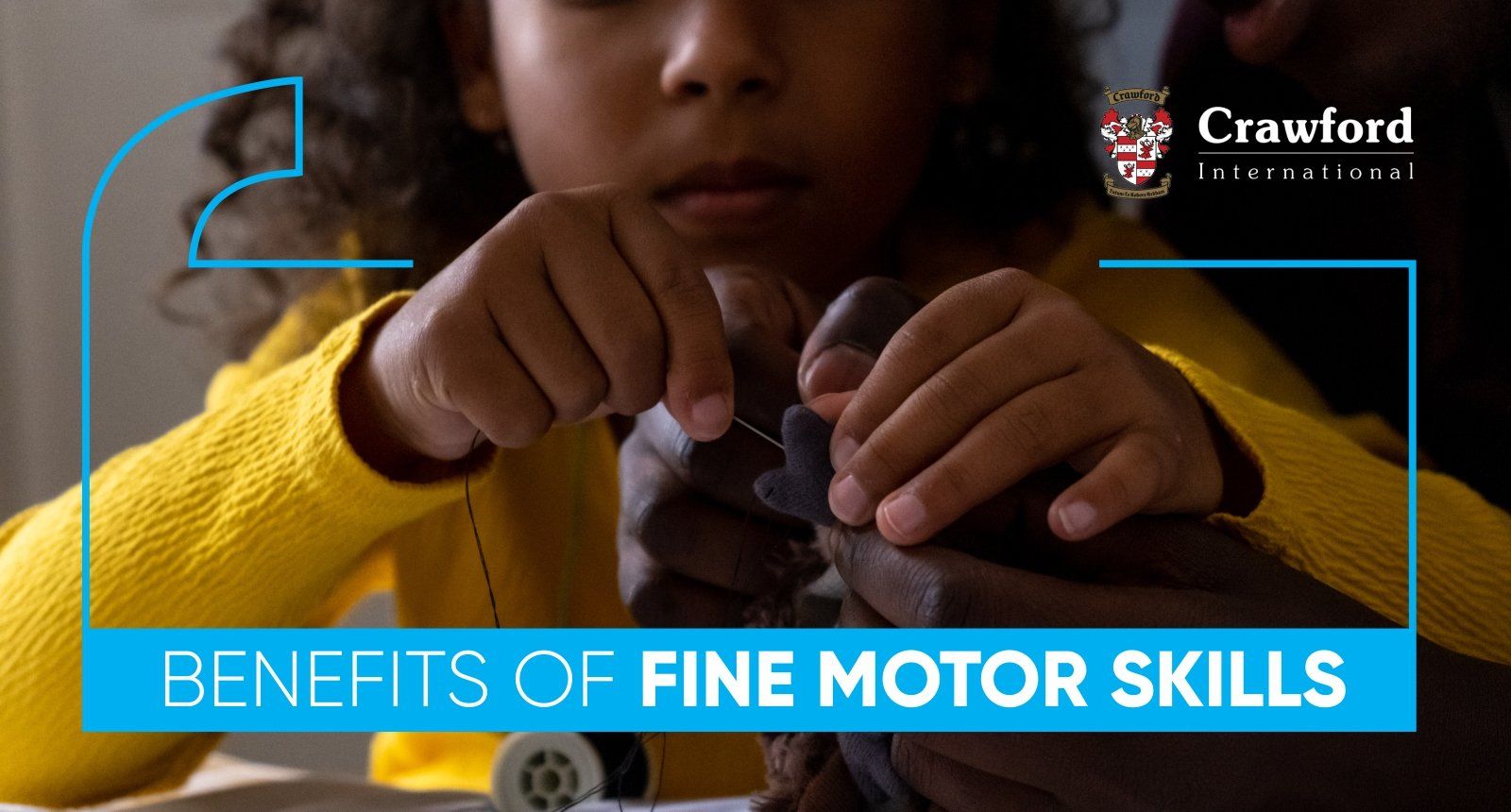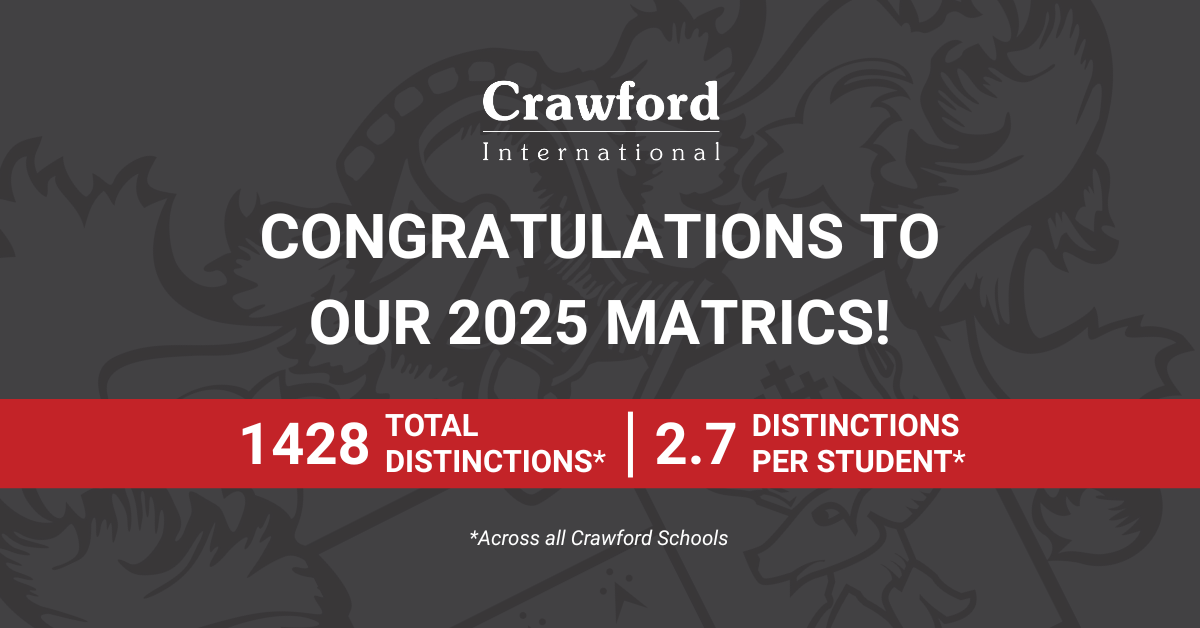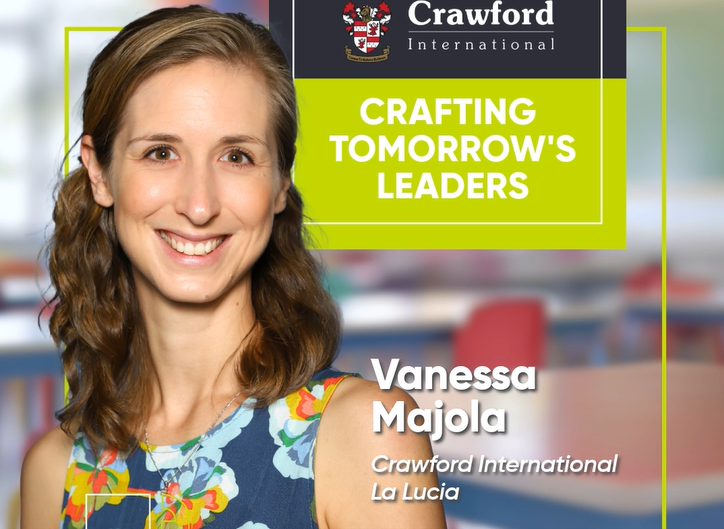The benefits of fine motor skills
December 15, 2022
Want to know why fine motor skills are so important?

What are fine motor skills?
They are an important group of skills that relate to how a child uses the smaller muscle groups in their bodies – like those in their hands, fingers, and wrists – to perform tasks.
Think of things like tying shoelaces, cutting paper with scissors, even writing their own names. Something as simple as grabbing your car keys before the school run uses your fine motor skills!
But these are only a few of the many reasons why developing fine motor skills are a major focus in early childhood development. Read on for ten interesting benefits of fine motor skills plus activities that can strengthen them.
1. Boosts independence and self-esteem
Gaining independence all comes down to feeling like you’re able to succeed. The importance of fine motor skills in helping your child do important things for themselves, such as turning a door handle, can’t be overstated. Having control over themselves and their surroundings helps children grow in confidence and lets them know they can rely on themselves for things. These are the building blocks for self-esteem and independence.
Fine motor activity to try: Wrap rubber bands around small figurines, like animals, cars, dinosaurs, etc. Getting these untangled to ‘rescue’ their toys is something they can achieve without your help, plus it engages all those small muscles.
2. Hand-eye coordination
It’s not only your child’s small muscles that benefit from fine motor activities. Every time your child engages their fine motor skills, they are also strengthening the link between what their eyes are seeing, and what they are touching and holding. This is known as hand-eye coordination, which is a must-have skill for carrying out physical activities.
Fine motor activity to try: Mix some water-based paint in a small cup and get your child to use an eye dropper or pipette to paint with on kitchen towel or paper
3. Brain development
As your child engages their small muscles and eyes, the pathways in their brains are also being engaged in ways that have huge benefit for their overall development. Many fine motor activities encourage a child to cross the mid-line, which helps develop your child’s dominant and ’assisting’ hand, as well as their vestibular and proprioceptor systems. They’re also engaging multiple sensory systems at the same time.
Fine motor activity to try: Keep a bag of pom poms in different sizes and colours handy. Ask your child to sort them in size and/or colour, making sure that they have to reach over one side of their bodies to another to pick up the pom poms and arrange them in a muffin tray or ice cube container.
4. Speech and language
Who would have thought that using the muscles in their fingers, hands, wrists, and forearms could play a role in your child’s ability to communicate? Well, studies have shown a link between fine motor development and speech and language development. What’s more, many speech and language development activities focus on strengthening the small muscles in the face, mouth, lips, and tongue.
Fine motor activity to try: Blow through a straw to keep a tissue up in the air. Take turns and see who can keep the tissue up in the air the longest to make it extra fun.
5. Self-care
Tasks like putting on clothes, doing up buttons, zipping up zippers, tying laces, brushing teeth, washing hands, brushing hair, even using toilet paper, all require fine motor strength and dexterity.
Of course, this is something that comes with age and is also part of a child’s growing independence, but it’s important to encourage your child to try various self-care tasks from a young age. Even babies can help you get them dressed and ready for the day by putting their arms into sleeves and brushing teeth. Give them lots of positive affirmation and support in even the little things they get right.
Fine motor activity to try: Threading is the perfect activity to build self-care skills! Use a variety of items such as beads, pasta tubes, cereal Os, washers, etc and get your child to string these ‘beads’ on different ‘strings’. Think of using pipe cleaners, wool, thin string, chunky ribbon, etc.
6. Mark-making and drawing
Lacking fine motor strength is one of the biggest reasons why children struggle to draw and write accurately. This is why even simple, early mark-making should be celebrated and encouraged.
This doesn’t have to be drawing with pen and crayon. Use your imagination to find different media and ways to make marks, such as using fingers to ‘draw’ with in shaving foam or using a stick in the mud. Eventually, these activities help your child write clearly and neatly.
Fine motor activity to try: Tie a ribbon to a chopstick or sosatie stick and use this to ‘write’ or ‘draw’ in the sky.
7. Eating and tasting
Mealtimes are yet another area where fine motor skills come to the fore. Firstly, it takes strong fine motor skills and dexterity to be able to get food off a plate and into their mouths.
As these get stronger, your child will also start to eat more independently. What’s more, chewing and moving food around your child’s mouth uses the small muscles of the mouth and tongue. The stronger these get, the better their ability to taste their food.
Fine motor activity to try: Let your child explore their food with their hands and talk about what food tastes and feels like. When it comes to using cutlery, let them. It doesn’t matter that they’re not able to get it right just yet, but the day your child manages to twirl some spaghetti on their fork you’ll see their eyes light up with pride.
Summing it up:
There are so many activities (even everyday tasks) that engage your child’s fine motor skills, and you can help them get stronger by using your imagination and encouraging your child to play and explore their environment. Without fine motor skills, a child’s self-esteem, academic performance, play options, and even life skills can be affected.
Read more informative Crawford International blog articles here.












